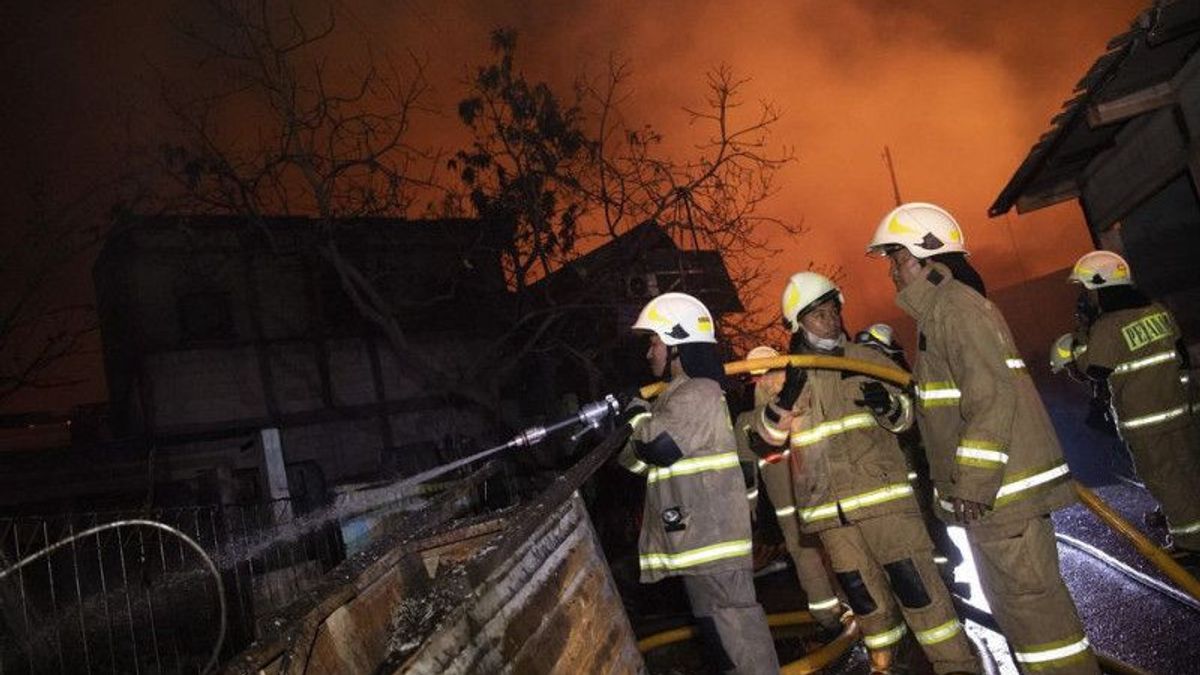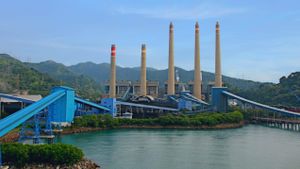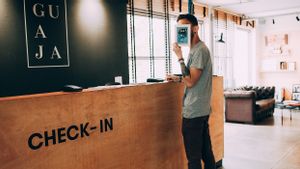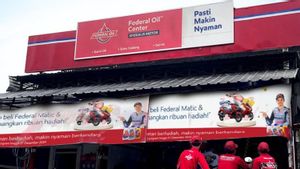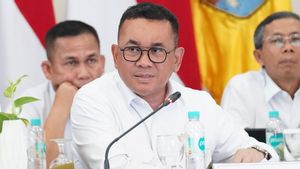Social observer Mukhijab said the existence of a buffer zone for national vital objects (Obvitnas), such as the Oil Fuel Terminal (TBBM) or Pertamina Plumpang Depot in North Jakarta.
According to him, it is very concerning when people approach the object because it is very dangerous for them.
"Buffer zone is very important. Because living around Obvitnas like TBBM Plumpang, it is certainly very dangerous. So it is concerning in terms of safety and very risky," he said as quoted by Antara, Sunday, March 12.
Regarding the large number of people living in the buffer zone area, Mukhijab argued, this is a social phenomenon in Indonesia, especially in urban areas.
According to him, because land is very limited and people who are relatively poor find it difficult to buy, so they are pragmatic and often ignore aspects of legality and safety.
"So the problem lies in the socio-economics. They know that land is prohibited from being inhabited and related to the safety of state assets, but they often justify any means to stay," he said.
Meanwhile, regarding the importance of buffer zones, he gave an example of people living in volcanic areas, they are not allowed to live within certain distances from the top of the mountain.
The public also knows about the various risks they face.
"That's in the volcano. Obvitnas must of course also be applied," said the lecturer at a university in Yogyakarta.
Therefore, according to him, even though it is related to socio-economic problems, the relevant parties should be firm. When people begin to approach Obvitnas and even establish residences, for example, the authorities must prohibit it.
Separately, psychologist Tika Bisono assessed that, in terms of humanistic psychology, security issues are not yet a priority in Indonesia.
In practice, security is still at number three in this country.
"Safety is number three here. Safety covers insurance, health, safety, environment (HSE), and others. Biological numbers one and two, food clothing, boards. In developed countries, he continued, security occupies the highest position," he said.
For this reason, regarding buffer zones, Pertamina is asked to take an inventory of all high-risk Obvitnas throughout Indonesia. For example, pipe lines, gas lines, including offshore and offshore.
"In this case, if there are residents, they must be shifted. And if there is a problem of sliding and shifting, it is a matter with the local government. That is what is called a contingency plan. So don't wait for the victim first," he said.
The English, Chinese, Japanese, Arabic, and French versions are automatically generated by the AI. So there may still be inaccuracies in translating, please always see Indonesian as our main language. (system supported by DigitalSiber.id)
